- Payment Options
- Terms Conditions
- Maryland, USA
- info@cohebinternational.org
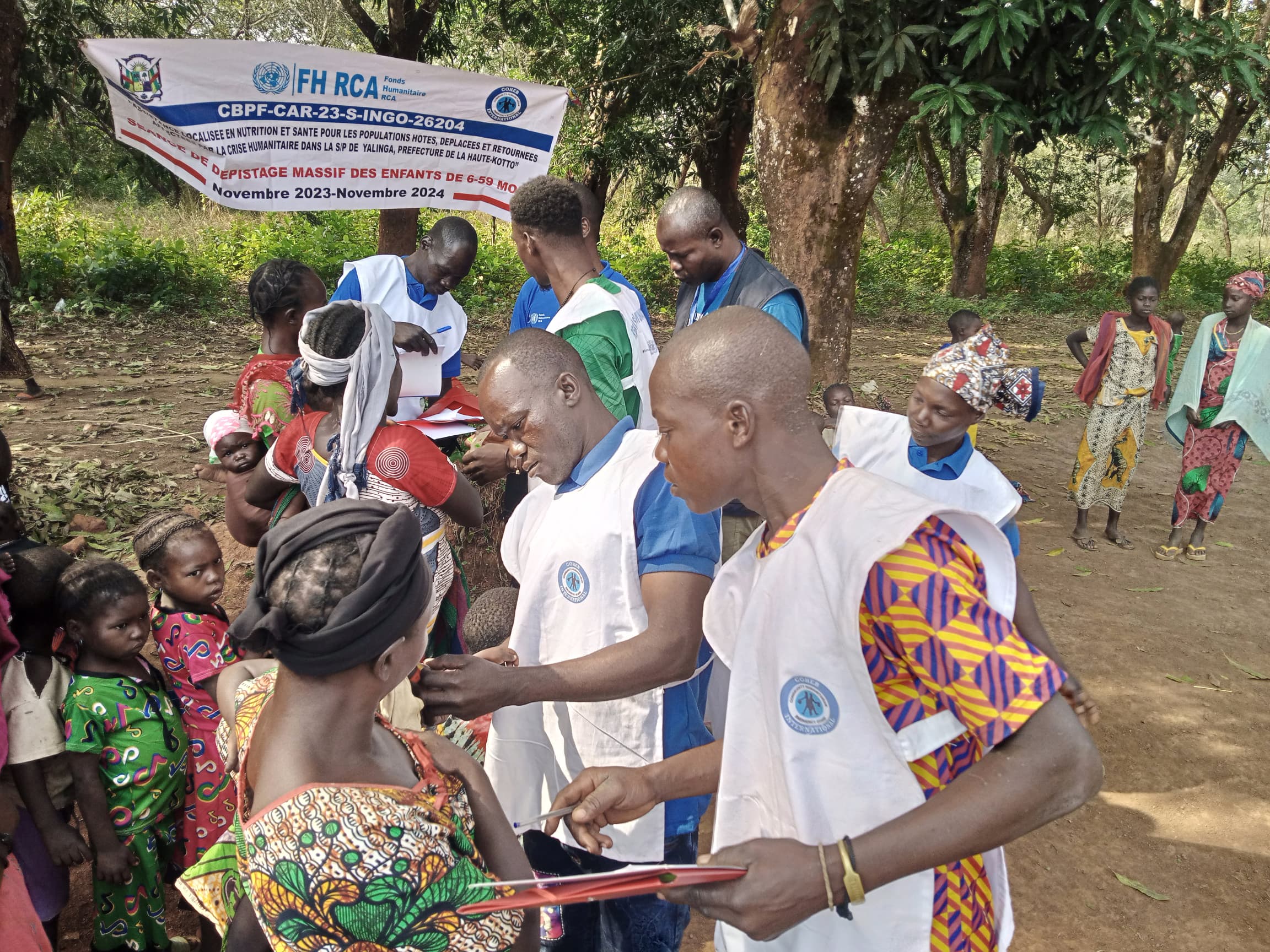
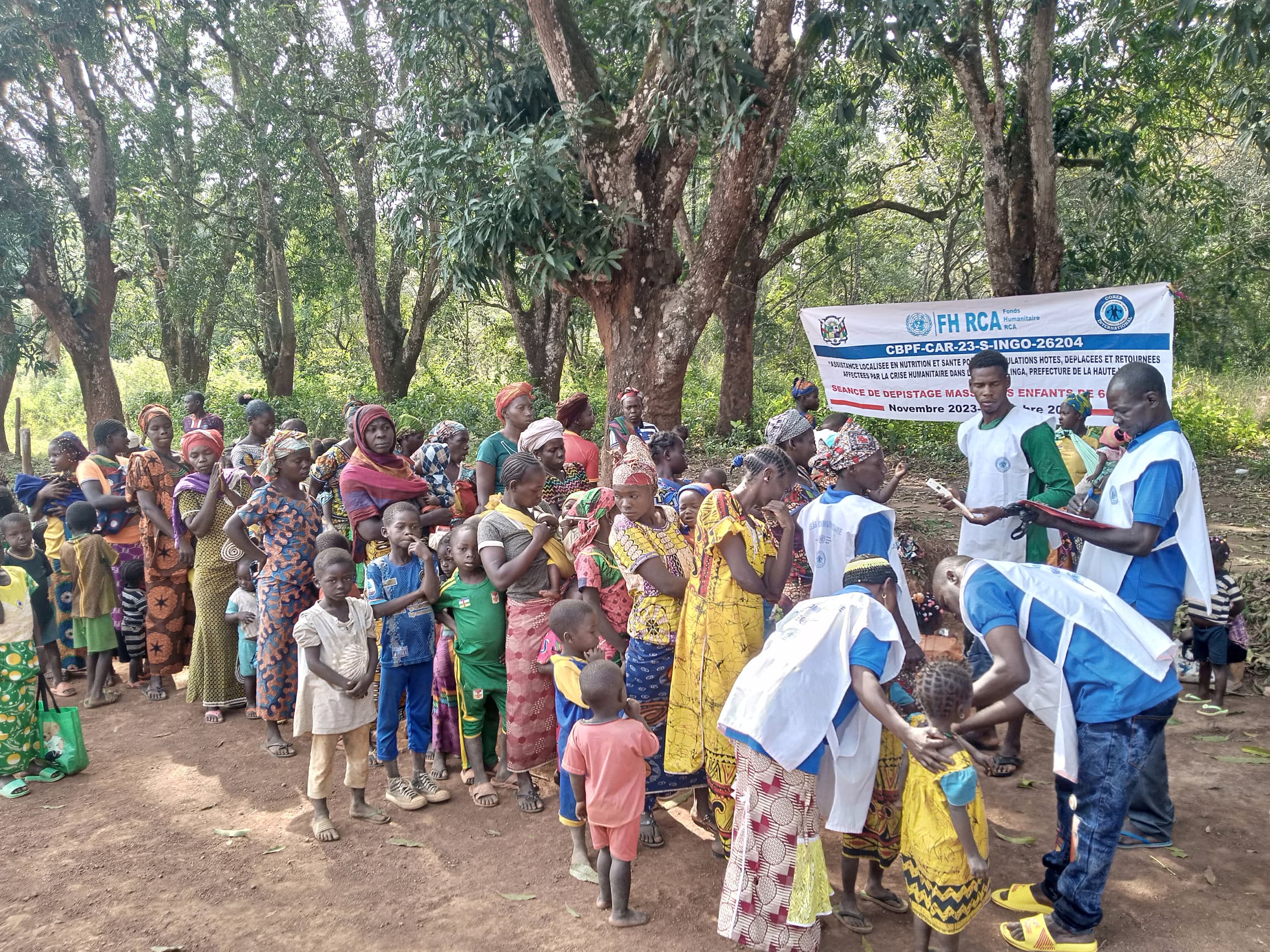
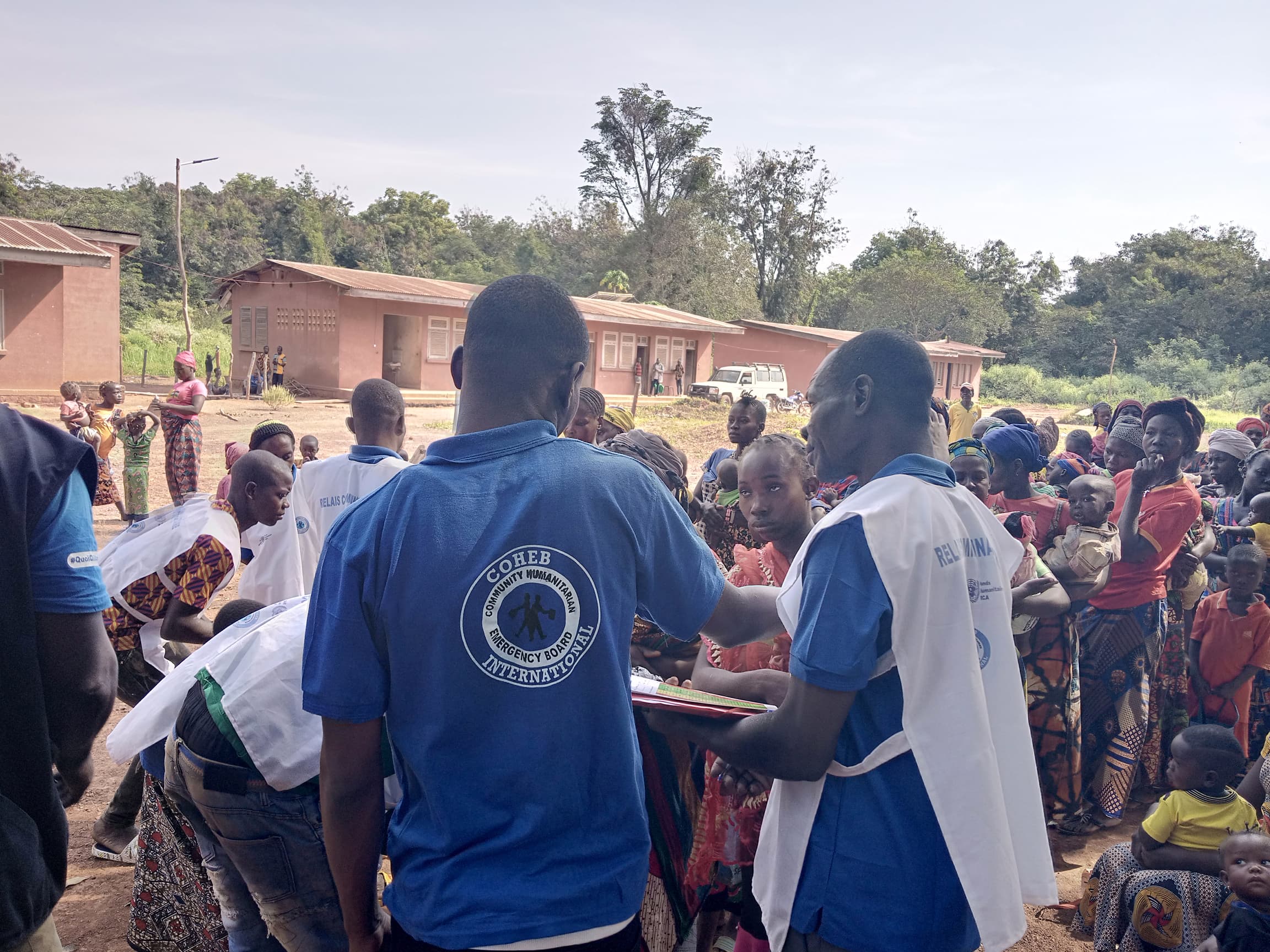
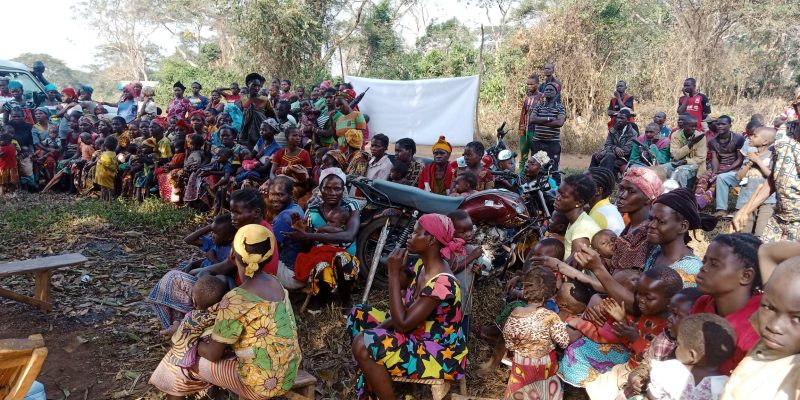
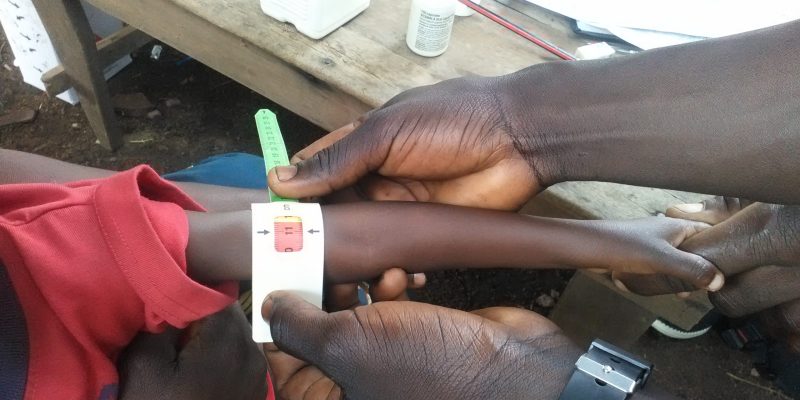
APRIL - OCTOBER 2023
Kouango-Grimari Health District
(Sub-prefectures of Kouango and Grimari)
S-P Grimari: HD Grimari, CS Kobadja, CS La- kandja, CS Poumale, CS Poumayassi, PS Pouko, PS Ngoulinga, PS Yeketche
S-P Kouango: HS Kouango, CS Liotto, CS Mbalan- go, CS Goussiema, CS Sabegoude, PS Gouasse, PS Bangao, PS Ngadza, PS Agoubissi, PS Zou- hougou-Gbanda, CS de Ngakobo public, CS de Ngakobo private, CS de Goya, CS de Bianga, PS de Ouza, CS de Sabégoudé.
The project as a whole targeted children under 5 suffering from SAM and MAM, pregnant and breast- feeding women, as well as surgical emergencies.
For the community-based management of acute malnutrition (PECIMA), the CAR adopted a prototype in 2015. Numerous operational constraints and challenges have been identified with regard to its effectiveness, in particular the high cost of inputs (especially RUTF), the non- alignment of SAM and MAM management programmes, etc. the low coverage of treatment; the enormous dosage of RUTFs, among other things.
Faced with these challenges, the CAR has set itself the goal of a d o p t i n g a simplified protocol, which considers the monitoring of PB and the search for bilateral oedema as admission criteria, and the use of a single nutritional supplement (ATPE) in reduced doses, for the treatment of cases of MAM and SAM in the same place.
To achieve this, operational research into simplifying the protocol has been initiated by the Ministry of Public Health and Population (MSPP) and its partners (UNICEF, WFP) with a view to testing the effectiveness of a simplified protocol in 2 health districts.
To support the pilot phase of research into the operationalisation of the simplified protocol in CAR, implemented in the 2 health districts of Kouango- Grimari and Kemo chosen as study areas.
-->Caring for children suffering from moderate and severe acute malnutrition in the study areas;
--> Contribute to reducing infant and maternal mortality and morbidity linked to malnutrition.
--> to find evidence of the effectiveness of the simplified protocol in the treatment of acute malnutrition (moderate and severe) without medical complications in children aged 6-59 months.
--> Provide a package of preventive activities, complemented by community-based primary healthcare (immunization, treatment of medical conditions, etc.).
| Indicators | Results achieved |
| # of children aged 6-59 months with SAM screened in the community/ health facility and referred for PECMAS | 8653 |
| # of MAS children admitted to the UNT program | 81 |
| # of cases of childhood diarrhea treated | 1654 |
| # of cases of childhood ARI treated | 1446 |
| # of cases of childhood malaria treated | 3357 |
| # of mobile clinics carried out | 65 |
| # of community relays and role models trained | 270 |
| # of support staff, FEFA made aware of ANJE and IEPs | 2372 |
| # o f children having received the 3rd dose of Pentavalent | 1138 |
| # of community information and awareness-raising sessions held on appeal procedures | 7 |
| # of weekly monitoring and support visits performed by COHEB supervisors | 99 |
--> - The simplified approach has made it possible to care for a larger number of children (MAM and MAS), thus preventing children from falling into a situation of MAM in the community;
--> Reduction in the quantities of inputs used, making logistics easier;
--> Strong community support ;
--> Preventing malnutrition by treating killer diseases in children.
--> As a way forward, we recommend that malnutrition be treated using a simplified approach throughout the country.
--> Constant insecurity in the intervention zones, with attacks on healthcare infrastructures such as health posts.
--> Poor road conditions


Multidimensional strategies in carrying hope for a more united world where the Love of God is shared through actions amongst affected individuals and communities all over the world.









